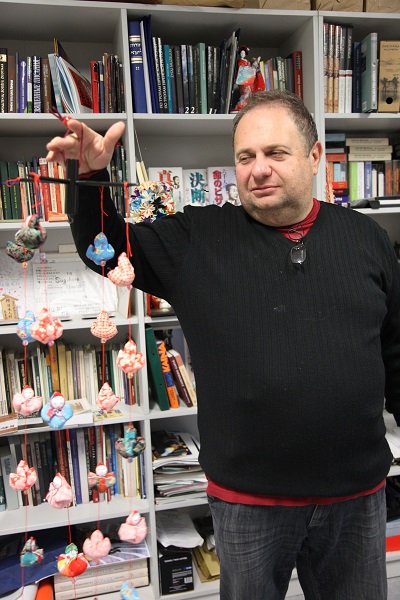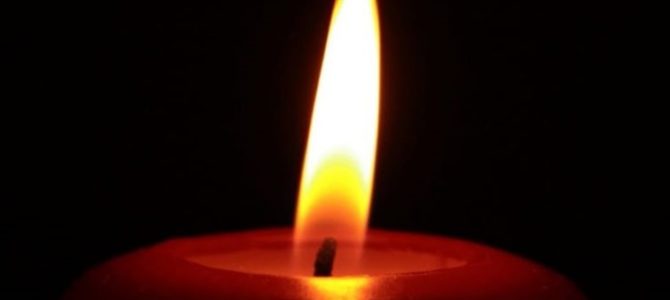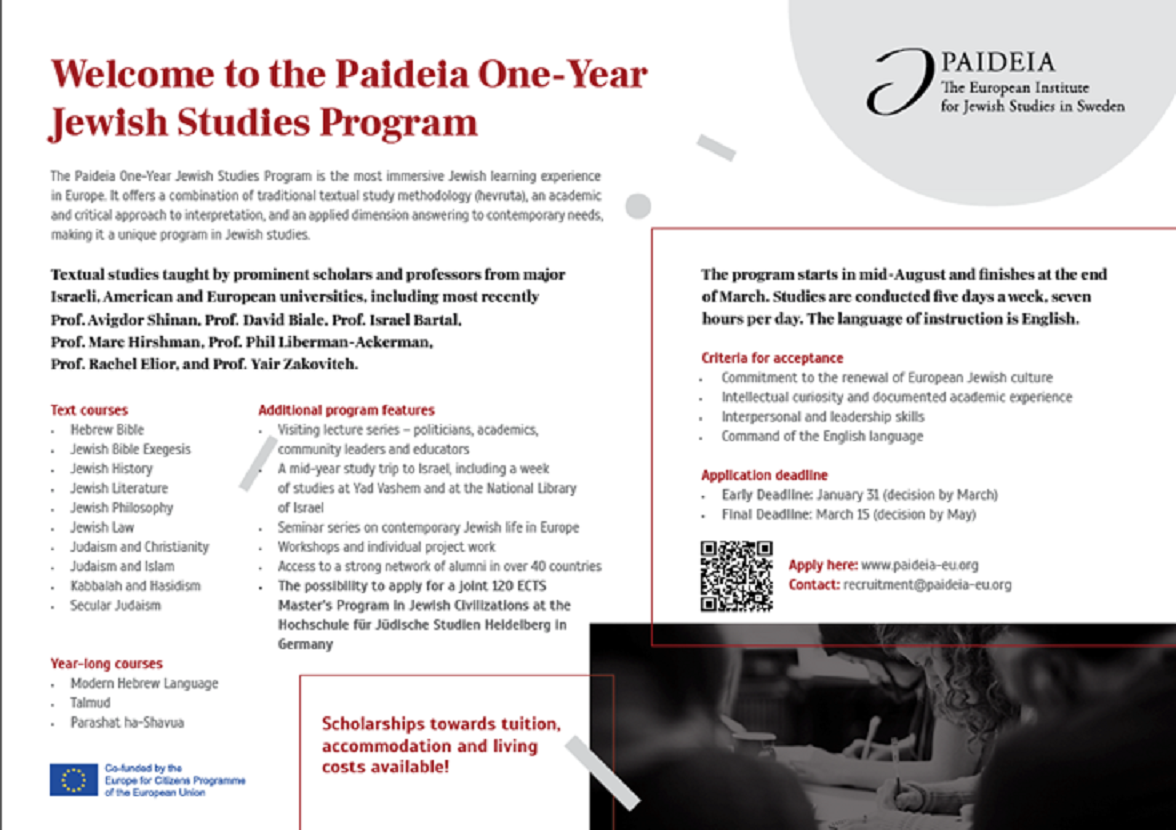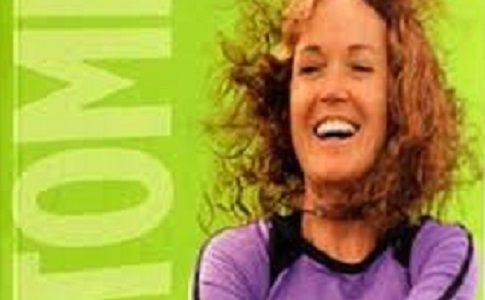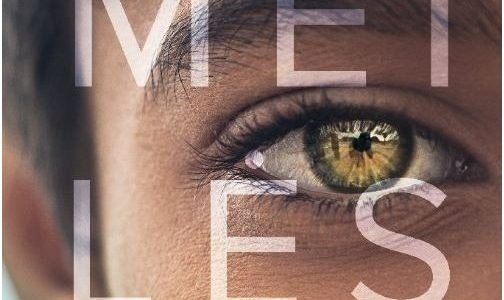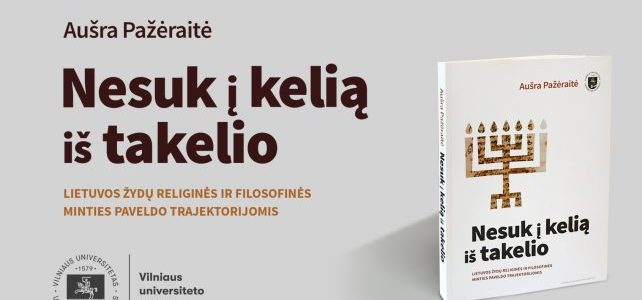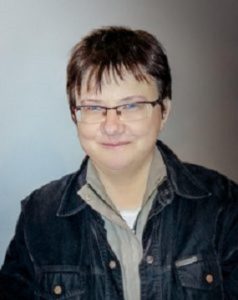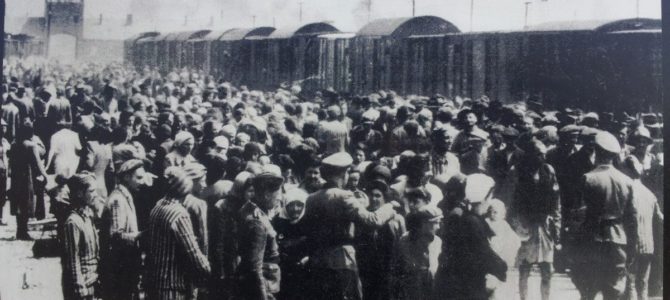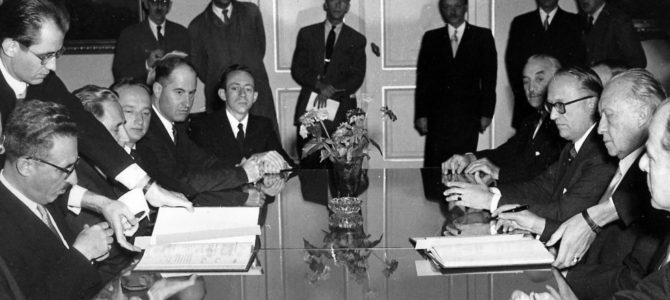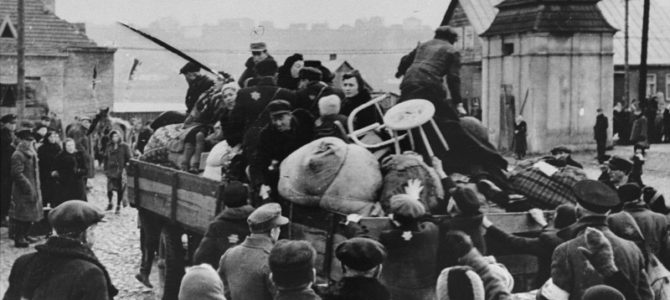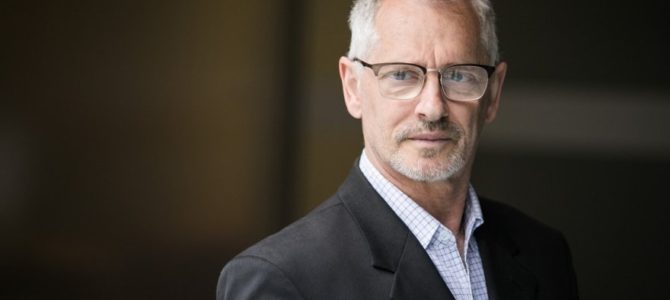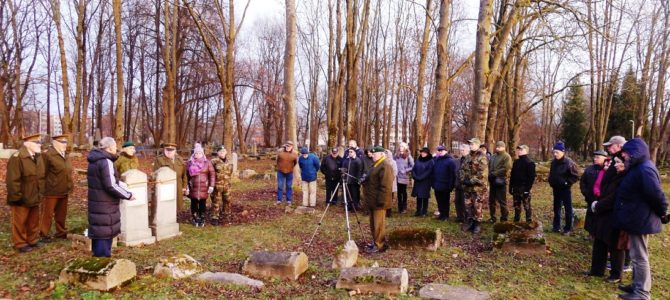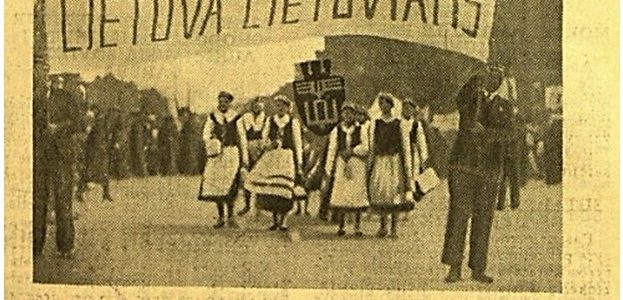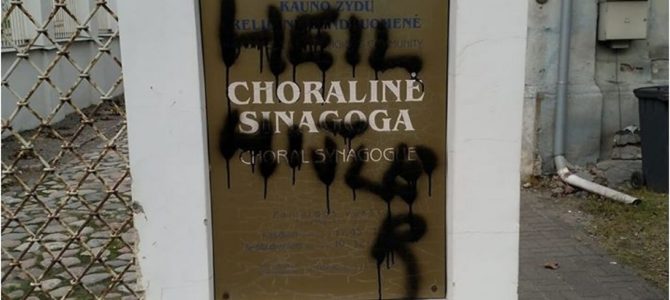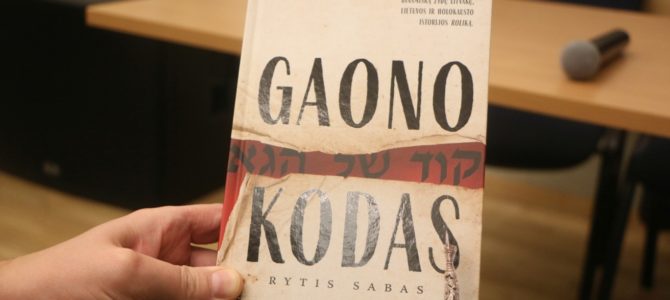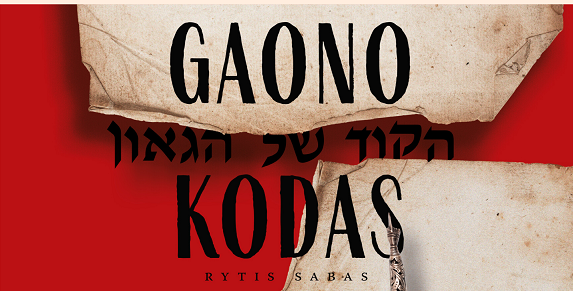by Arkadijus Vinokuras
The epic of the presentation of the play Mūsiškiai [Our People] by the Juozas Miltinis Theater in Panevėžys, Lithuania, just demonstrates once again that the cowardly and obsequious appear to travel through time: they stay exactly the same under all systems of government.
The possession of these character traits turns their owner into the worst kind of tool in the hands of any kind of government. It doesn’t matter if it’s a Nazi, Communist or democratic regime. In all of them, the coward becomes an ultra-patriot ready to carry out any order by the government or mob, for example, by banning a play someone doesn’t like without even viewing it beforehand.
Who will take responsibility for the persecution of theater art director Andrius Jevsejevas? Who will take responsibility for the critique of Polish playwright Michal Walczak by someone who either did read the play or did not, but in any case didn’t understand it? Who will apologize to the highly talented young actors who performed their roles flawlessly? Who at the theater will take responsibility for the idiotic requirement in the contract with the playwright that his work must have no connection with Rūta Vanagaitė’s book Mūsiškiai?
The wild spirit of the Soviet Party political enforcers roams the perfomance spaces. It would appear that, out of fear of the street or out of fear of some sorts of bureaucrats, acting theater director A. Venckus didn’t even welcome the creators of the play during the premiere. Well, cowards shouldn’t become theater directors, because theater is for the courageous. Although it takes real civic courage to express one’s opinion in a dictatorship, this is the basic norm in the frame of democratic government.
